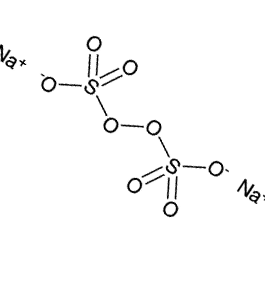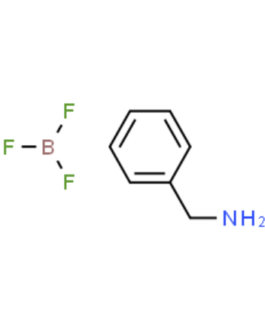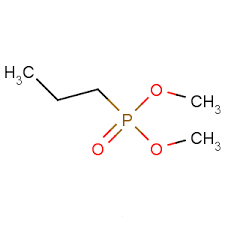Antihydrolysis Agent Powder
Function
Antihydrolysis agent Powder is an active antihydrolysis agent for polyester polyurethanes produced by hot casting like e.g. PET, PBT, TPE, PLA, TPU and millable Urethane rubber. Polymers with amide groups (PA) can be protected against hydrolysis too. It is very suitable for extrusion of monofilaments. Due to its powder form it can be handled easier than other antihydrolysis agent.
Description
Function
Antihydrolysis agent Powder is an active antihydrolysis agent for polyester polyurethanes produced by hot casting
like e.g. PET, PBT, TPE, PLA, TPU and millable Urethane rubber. Polymers with amide groups (PA) can be protected
against hydrolysis too. It is very suitable for extrusion of monofilaments. Due to its powder form it can be
handled easier than other antihydrolysis agent.
Product description
Chemical composition : monomeric carbodiimide
Physical form : white to slightly yellowish powder, tends to form lumps
Density : approx. 0.95 g/cm3 (50 °C / 122 °F)
Melting point : approx. 50 °C / 122 °F
Viscosity : 16.0 – 24.0 mPa.s (50 °C / 122 °F)
Solubility : soluble in organic solvents, e.g. aceton, dichloromethane; insoluble in water
Carbodiimide content : min. 10.5 %
The analytical data are general guide values.
Product information
It is normally dissolved in the polyester polyol; alternatively, it may be added to the pre-polymer (only with terminal OH groups). An addition of 2.5 part by weight antihydrolysis Powder to 100 parts by weight polyester polyol will increase the resistance to hydrolysis approximately four times. As it tends to bloom in certain goods, the addition should not exceed 2 parts by weight (on 100 parts polyester polyol).






